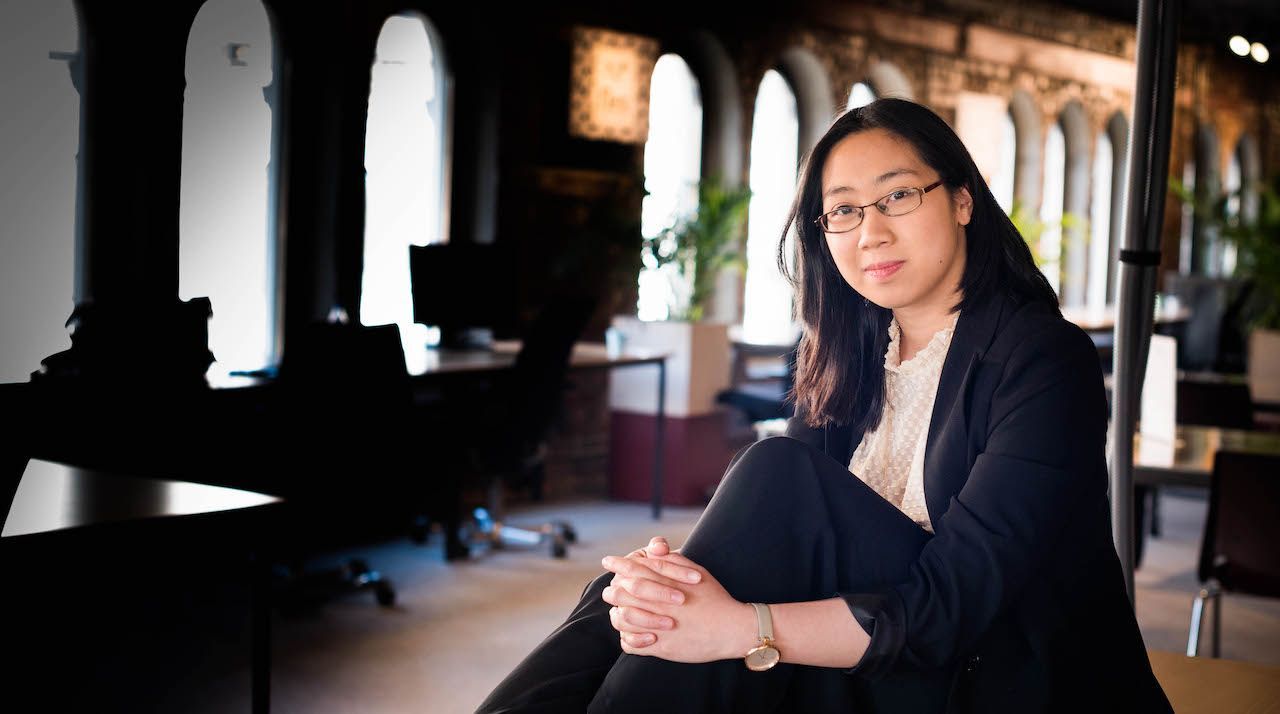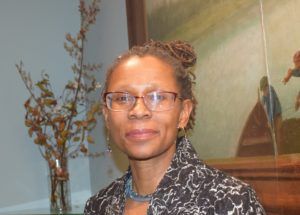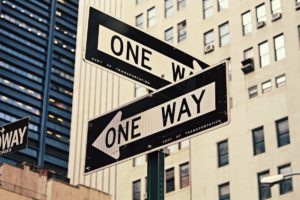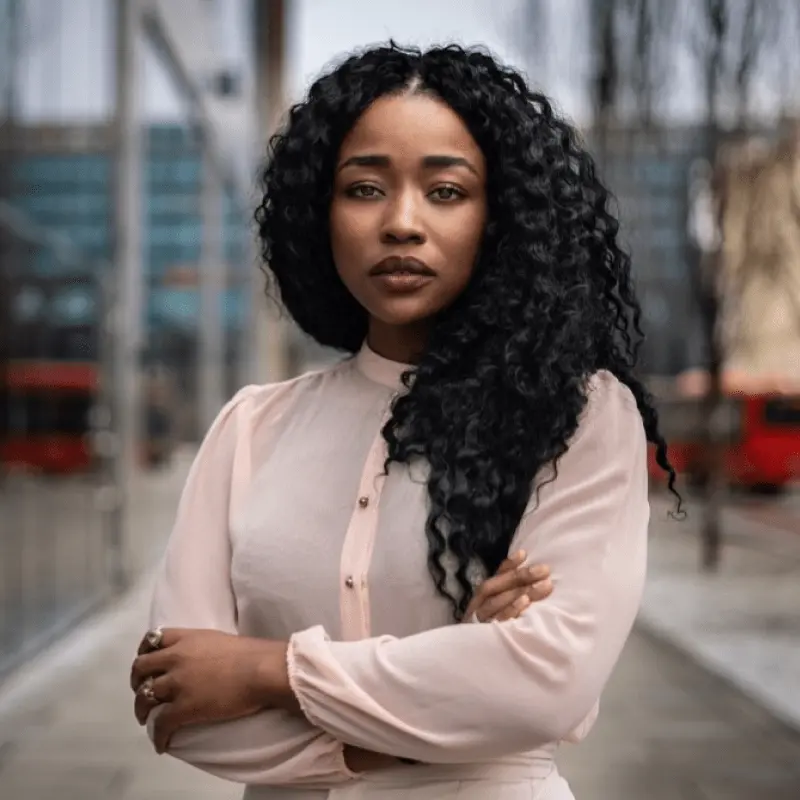My roots come from Hong Kong, so when the outbreak happened there, my relatives were already warning me to prepare for the outbreak here in Norway. I was mentally prepared for what was to come, as I was monitoring what is going on in East Asia. My relatives had lived through SARS.
The coronavirus pandemic and the lockdown have certainly made me re-evaluate my life and my business. It has also brought back some old memories of struggle too. My daughter is on a one-week rotation with me and her father. With her being home with me, the line between my work and my personal life gets blurred. Nonetheless, I have realized from having my 8-year-old at home that I needed to appreciate what I have in life. My daughter and I are safe and healthy, and the precious time we share will be her memory of what it felt like to be in this pandemic.
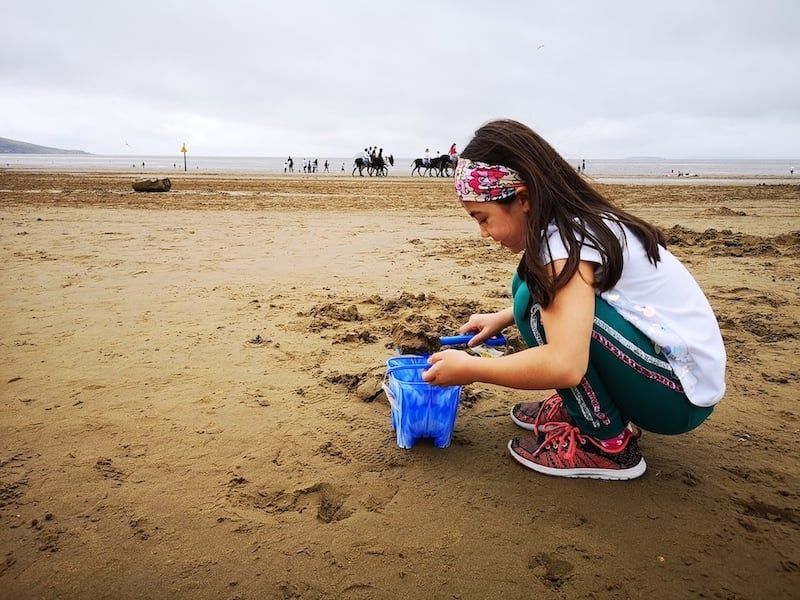
I also felt the need to step up and put on my teacher’s hat to teach her some basic common knowledge, and have her do “Mamma’s homework” that helps her to acquire both English and Cantonese languages. I did these, not to keep her busy, but as a way of maintaining her roots, whilst having fun. It was a little harder to enforce and slot in these educational sessions with her before, but now with the lockdown, time is in abundance.
Where my company, The Oslo Desk, is concerned, I am still in the midst of trying to create a sustainable and income generating business model for the B2C and B2B market. With a foreseeable reduction of income and capital as a consequence of the COVID-19, challenges with navigating the economic climate abounds. We will have to see what rescue packages the government rolls out. I however doubt that these packages will suit my startup since we are still at an early stage. Quite frankly, having struggled with NAV in the past, I doubt I have the mental and emotional bandwidth to endure the process, yet again.
Currently, I am working on a podcast season in collaboration with Oslo Rosenhof VO for the European project ‘Family +’ to highlight inclusive and integrative initiatives on the grassroot and public level. We hope to capture insights to their challenges, successes, and efforts in creating a more inclusive society – by utilizing social entrepreneurs and immigrants to solve societal issues. I was scheduled to give a talk and moderate a panel discussion during the European conference for their project in mid-March, but this was cancelled due to the coronavirus outbreak. Nevertheless, the opportunity to forge ahead with the media coverage even though the conference was cancelled, was a silver lining to the disruptions brought about by the pandemic. Of course, it is not easy to work from home with my team and especially recording the podcast interviews. But we do what we can.
In addition to The Oslo Desk, I am working part-time at Ope for their Ogoori project, that maps the ocean plastic collected along Norwegian coastline and documents where it ends up. I will be creating content for them for the coming month. So, needless to say, I am counting my blessings that I have two projects to work on and can survive on. But my situation can very well change once we hit May-June.
Forward Looking Thoughts:
I am happy to see that the Norwegian government is creating rescue packages for businesses, startup companies, and individuals – these packages will no doubt serve many and reduce the struggle. However, for those who will undoubtedly fall through the cracks of the system, challenges will accelerate. Undocumented migrants are not getting the health care they desperately need and the homeless are still living on the streets without shelter. I often think of those who are financially excluded and cannot use Vipps or online purchases, and my heart bleeds for those trying to escape domestic violence, who now find themselves stuck in the house with their abuser. In essence, structural and systemic inequalities, that have existed for decades will be exacerbated by the coronavirus and imperative lockdown.
Institutional progress for all, necessitates dealing with root causes of the challenges they face. To ensure practical inclusion, we must implement mitigative tools that reduces inequality and ensures that everyone, not only the privileged, wins. I know all too well that our welfare system only serves the needs of some. Our collective responsibility is to therefore, work to ensure that everyone has a fair chance to recover from the unfolding economic downturn, so basic needs can be met and spirits remain high. Now, more than ever, we need to prioritize education, competence building, intercultural communication, technological know-how, rigorous media literacy, basic universal income, adequate mental health services and long-term pandemic-proof planning.
Three major issues have stood out during this pandemic:
1. We have seen misinformation, inaccurate reporting and conspiracy theories being spread in social media.
2. There is a stark difference between the reactions of those coming from Asian countries, especially those who lived with SARS in Hong Kong, and those from the West.
3. Racism has intensified globally and hate speech empowered even from those in power positions (i.e. who have tagged the COVID-19 the Chinese virus).
So how can we collectively identify credible media sources from which we can receive factual and balanced information? During this critical time, we must work together to flatten the curve, and mitigate delay in the spread of information that aids prevention of COVID-19.
And whilst I worry about the world, I also worry for myself. My biggest fear has always been the potential to fall into poverty. As a self-employed, freelancer and part-time employee, I am always hustling for the next paycheck because I know I am not indispensable and each project has an expiration date. So, from my history of living through different crises, I have had to adopt an adaptive and creative mindset at the backdrop of having no financial cushion to fall back on. I have trained my mind to become observant and circumspect, to constantly seek opportunities and aggressively absorb information that could help create a better life for me, my family and community. My hustle during this pandemic is no different.
What I know is this: the pandemic will pass and serve as a reminder that we are not invincible. Our individual competence and insight does not beat that of a collective and diverse pool of people. One of the positive consequences of the COVID-19 is that it has shown us how truly interconnected we are at an individual, local, national and global scale. I have seen communities pull together to help their vulnerable neighbours, groups developed to innovatively use technology to curb the crisis and grassroot organisations called on by Oslo municipality to spread information in different languages, to mention a few laudable occurrences. What remains to be seen are the long-term effects and the lessons we take from this pandemic.
Nonetheless, I remain optimistic that together, we will get through this and come out stronger on the other side.
